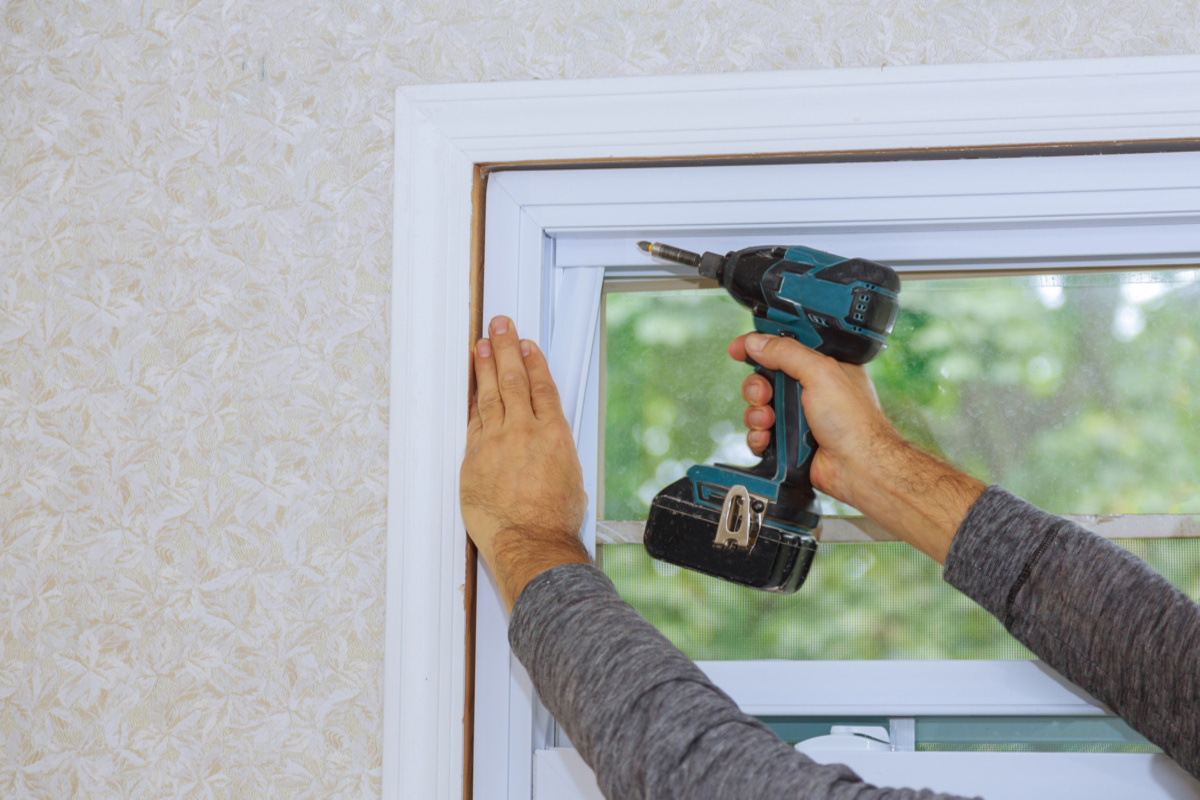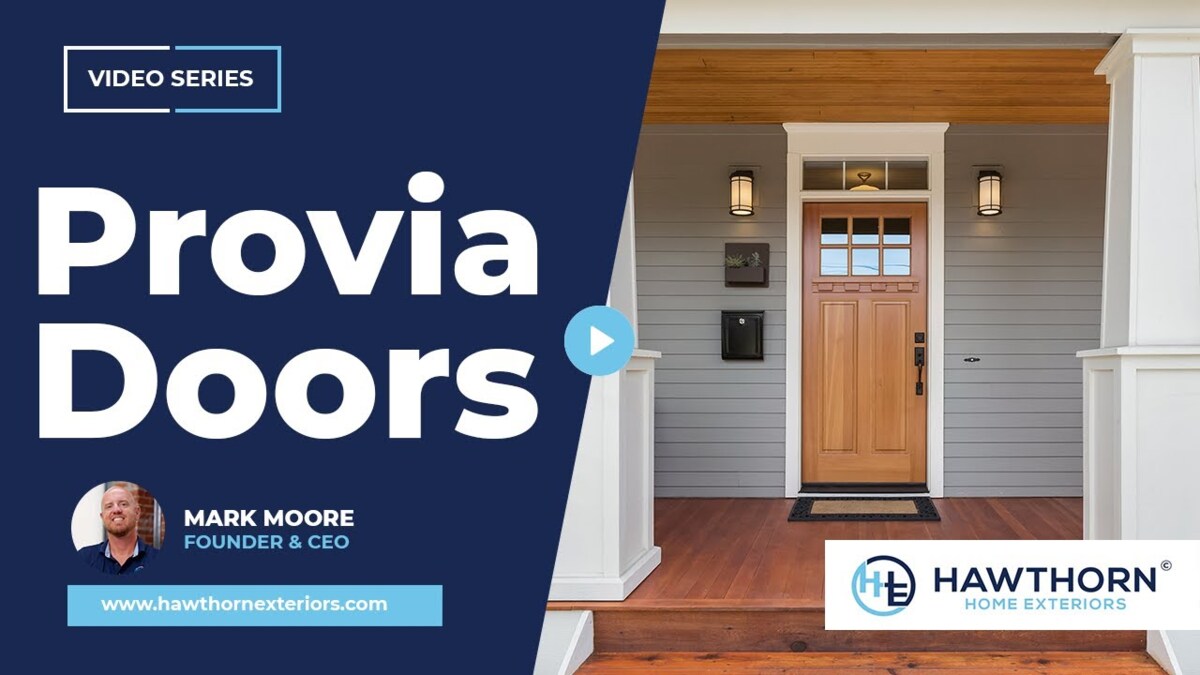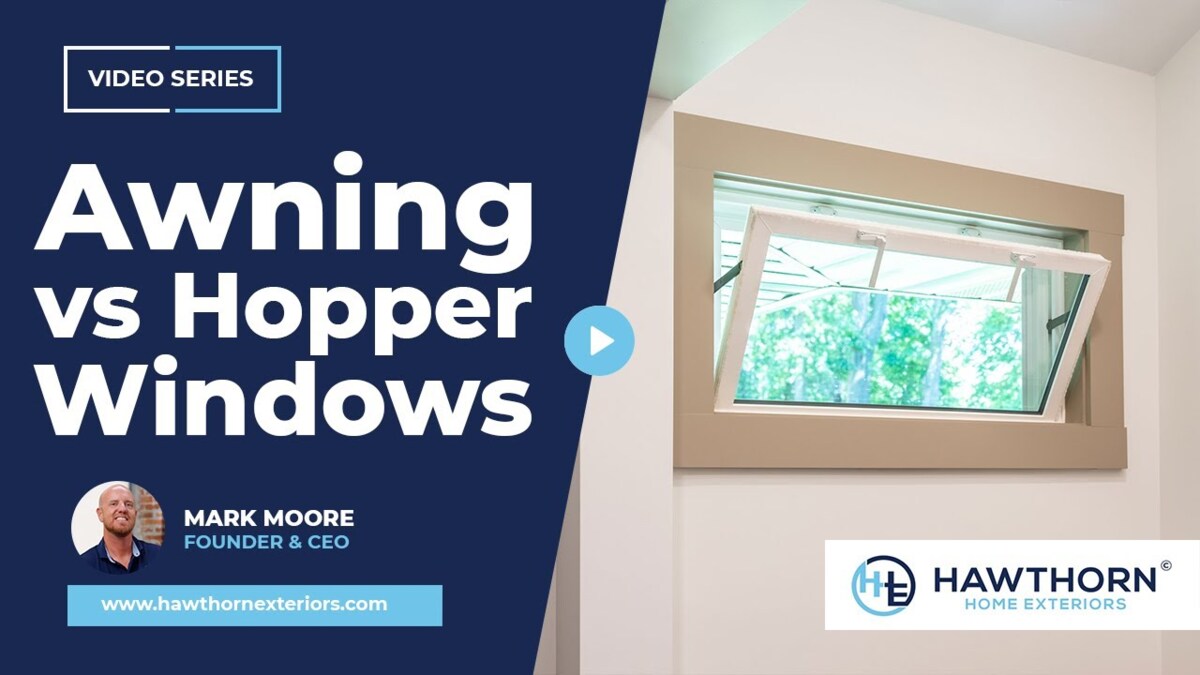Many siding contractors are quick to recommend engineered wood siding products as a one-and-done solution for your home, often pushing that they can hold up for 50 years or more, but a close look at the pros and cons of LP Smartside and similar wood products shows this likely isn’t the case for Missouri homes. Louisiana Pacific Smartside and other engineered wood siding products have a history of being touted as some of the strongest and longest-lasting siding products on the market, but when you put that performance in the context of the St. Louis area, you might find that their performance falls short of what homes in your area demand.
Pros and Cons of LP Smartside and Engineered Wood Siding
Pros
Pleasant Wood Appearance On Day 1
Engineered wood products look amazing for the first few years. They have a gorgeous appearance that resembles natural wood, and the engineered wood products have a faux wood “grain” that makes them a great choice for many homes. This appearance will last for a while, but asking for 50 years in Missouri weather is a bit of a stretch.
Resistant To Hail & Other Impacts
This one is actually useful for homes in St. Louis and elsewhere in Missouri. We get some pretty significant storms during the first half of the year, and frequently accompanying those storm fronts are hail storms, and in many of these hail storms, the hail can be quarter-sized or even larger. Engineered wood products are highly resistant to all forms of impact, whether from hail storms or backyard baseballs. Just about anything you can send at them will bounce off with minimal if any, damage.
Cons
Potentially Disappointing Lifespan
While most engineered wood products will state that they have a lifespan of 50 years or more, this is generally under “ideal” siding conditions, which don’t exist anywhere in Missouri. We have severe weather most months of the year, and much of that includes temperature fluctuations that are highly damaging to wood, whether engineered or natural. All this adds up to a much shorter lifespan than most homeowners expect, and that’s a poor return on your investment.
Moisture Retention
One of the things your siding is supposed to do is help keep moisture off of your exterior walls, to keep your interior walls as dry as possible. While engineered wood is more resistant to moisture penetration, this also means that if moisture does infiltrate the space behind the siding, Smartside and similar products will effectively trap it there. The moisture retention of engineered wood can lead to increased occurrence of water damage and rot in the surface behind the siding.
Incredibly Susceptible To Expanding & Contracting
Engineered wood, like all other wood, is very susceptible to shrinking and expanding with the weather and temperature. This means it loosens fasters, widens gaps, and creates voids where moisture can penetrate. Since it doesn’t breathe like natural wood, that moisture is now trapped, and the continued movement of the engineered wood continually makes the situation worse.
Cost
For all of the potential drawbacks, you might expect Smartside and other engineered wood siding products to be inexpensive, like vinyl siding, but this is not the case. Engineered wood products can cost 2x-5x as much as vinyl, with both falling short of siding solutions like Hardie fiber cement.
Get The Facts From Local Experts
For more information on engineered wood products, reach out to us today. While engineered wood siding products may seem like a great option for a more natural-looking siding appearance, when you look objectively at the pros and cons of LP Smartside and similar products as well as their track record, it becomes a little more apparent that there may be other, smarter options.





